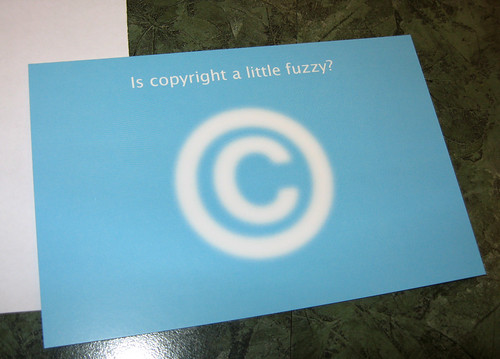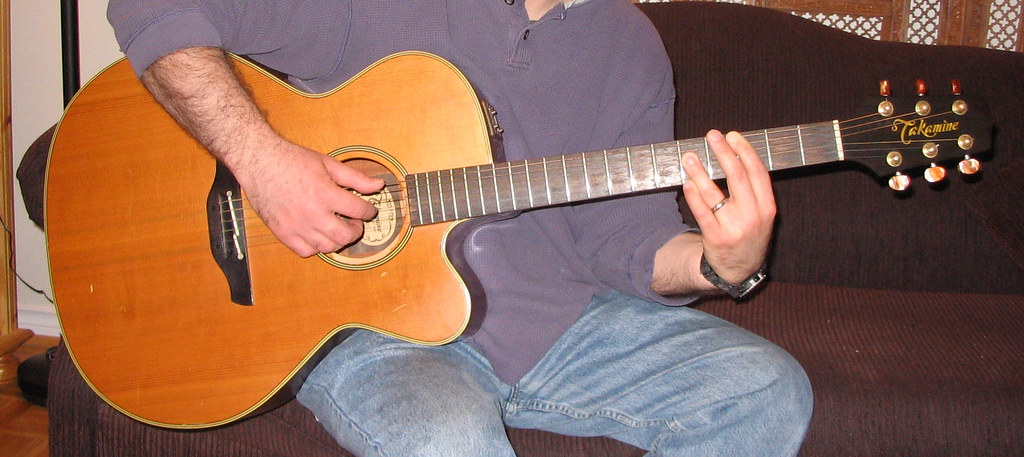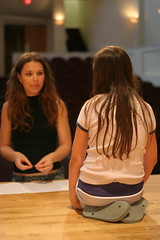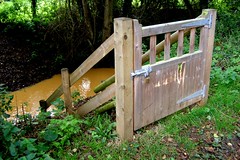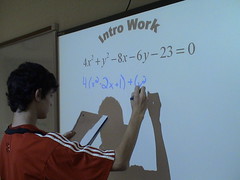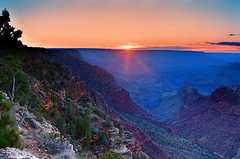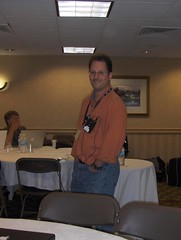 I'm really proud of how they work together and engage with the content and each other. It wasn't like this from day one but we've been working together for more than three months now. I was admiring their work today and wanted to share it. (In the back of my mind I was also thinking about how I would answer a question Ben Hazzard had thrown my way from this week's SMARTboard Lesson Podcast.) Anyway, I tweeted what they were doing as they did it. Ben Wilkoff suggested (tweeted) I share it here. Thanks Ben!
I'm really proud of how they work together and engage with the content and each other. It wasn't like this from day one but we've been working together for more than three months now. I was admiring their work today and wanted to share it. (In the back of my mind I was also thinking about how I would answer a question Ben Hazzard had thrown my way from this week's SMARTboard Lesson Podcast.) Anyway, I tweeted what they were doing as they did it. Ben Wilkoff suggested (tweeted) I share it here. Thanks Ben!

When the young lady working on the last problem hit a snag, several people spoke up to help her sort it out. Eventually, as time was running out of class, I helped them finish it off. After they solve each problem the first questions I ask are:
So, what do you all think?Have they got that right?
How does it look?
Anyone want to change anything?
Any questions students ask are redirected to the student(s) who shared their work. They usually correct any errors with little or no prompting from me. If I do notice any errors they have missed I'll say: "There are X errors there. Can you find them?" or "This is good but it would have lost a few half marks. Can you see where?" Most of my comments focus on the wee technical details regarding how their work should be presented. I also point out the sorts of common errors that come up in tests and exams.
When I plan my lessons I try build them around these ideas:
Watch it. Do it. Teach it.How can I make their thinking transparent to each other; and me?
They should touch the SMARTboard more often than I.
So, this is one way I use the SMARTboard in my class. It's just one piece of a larger whole in the way we use technology to support student learning. I'd love to hear what other folks do with their Interactive White Boards (IWBs).
Your thoughts?
- 12/18/2007 11:48:00 am
- 19 Comments



